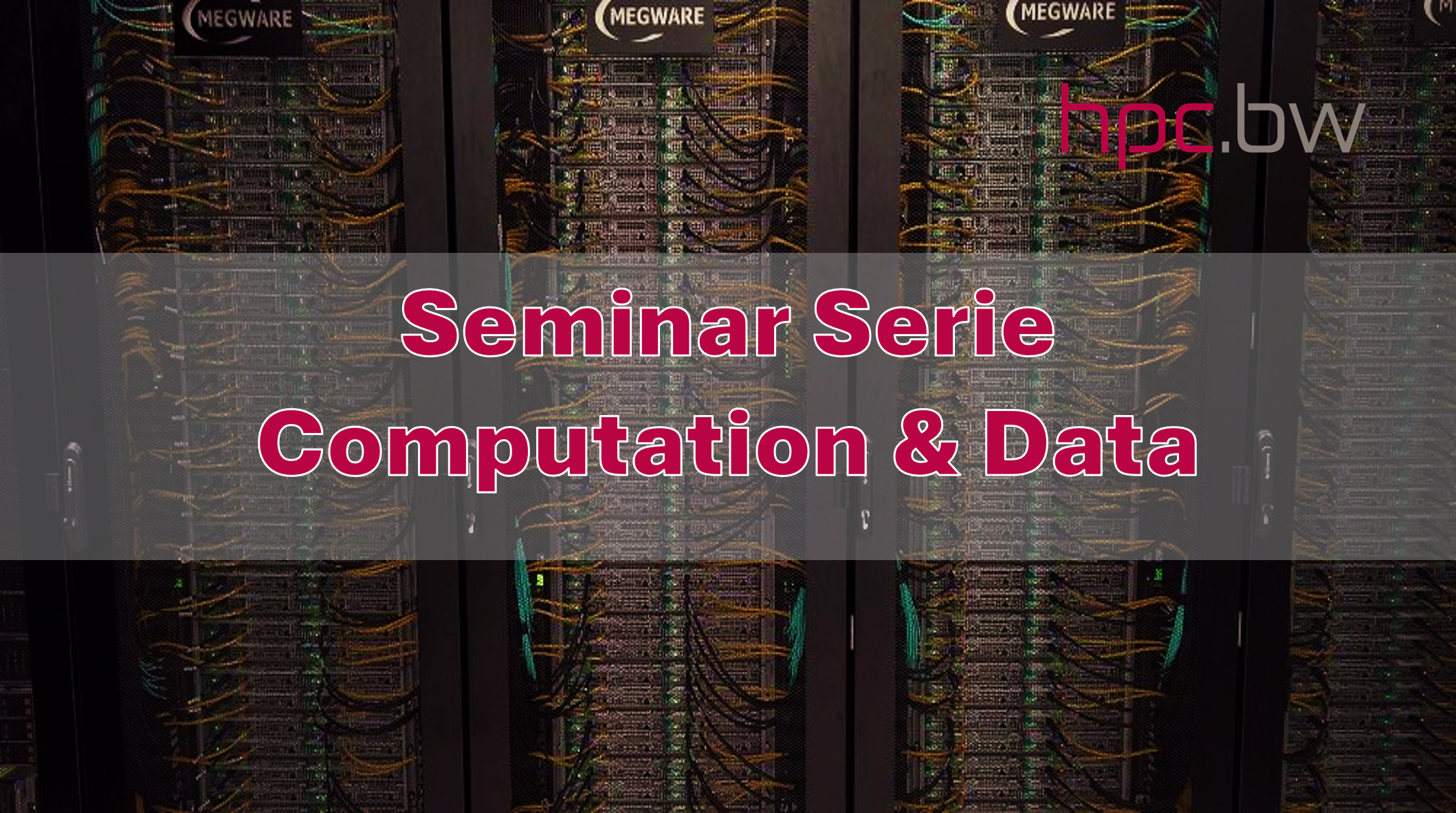


The goal of the interdisciplinary seminar series Computation & Data at HSU is to bring together researchers and foster exchange on the development of algorithms, methods and software. The seminar series is typically scheduled for the last Wednesday every month, 16:00-18:00, with 1-2 presentations per hybrid session (digital and at HSU).
Feel free to subscribe the seminar newsletter by sending an e-mail to info-hpc-bw@hsu-hh.de with the subject line „Subscription Seminar Computation & Data”.
Traditionally, engineering designs are created manually by experts. This process can be time-consuming and requires significant computing resources. Designs are iteratively created and simulated to satisfy physical constraints. Generative neural networks have the ability to learn the relationship between physical constraints and their geometric design. By leveraging this understanding, generative neural networks can generate innovative designs that satisfy these constraints.
In the context of Industry 4.0, integrating these networks can significantly speed up the design process, reduce costs, and push the boundaries of traditional engineering practices. To achieve this goal, we propose a conditional variational autoencoder to learn the underlying relationship between geometry and physics. We validate this approach on the ShapeNetCore dataset, focusing on subsets that contain three-dimensional objects such as cars and airplanes, which contain both continuous and discrete data.
In this paper we tackle the problem of planning in complex numerical domains, where actions are indexed by control parameters, and their effects may be described by neural networks. We propose a lazy, hierarchical approach based on two ingredients. First, a Satisfiability Modulo Theory solver looks for an abstract plan where the neural networks in the model are abstracted into uninterpreted functions. Then, we attempt to concretize the abstract plan by querying the neural network to determine the control parameters. If the concretization fails and no valid control parameters could be found, suitable information to refine the abstraction is lifted to the Satisfiability Modulo Theory model.
We contrast our work against the state of the art in NN-enriched numerical planning, where the neural network is eagerly and exactly represented as terms in SMT over nonlinear real arithmetic. The evaluation of various planning problems from four different domains clearly show that avoiding symbolic reasoning about the neural network leads to substantial efficiency improvements.

